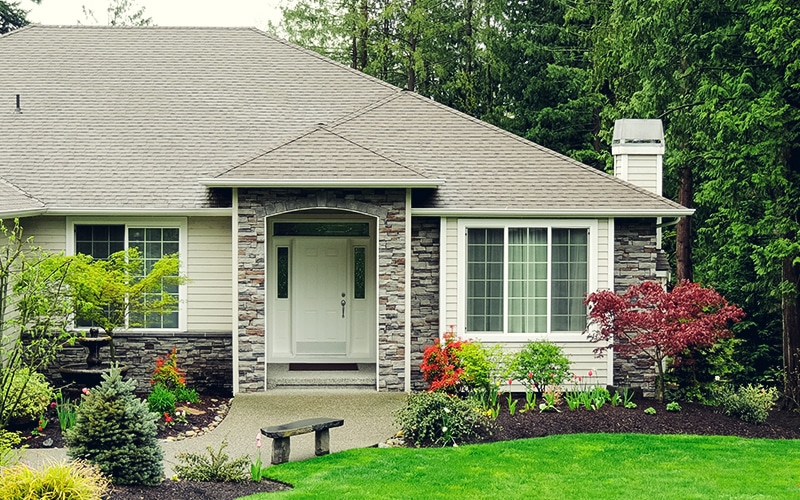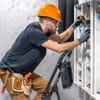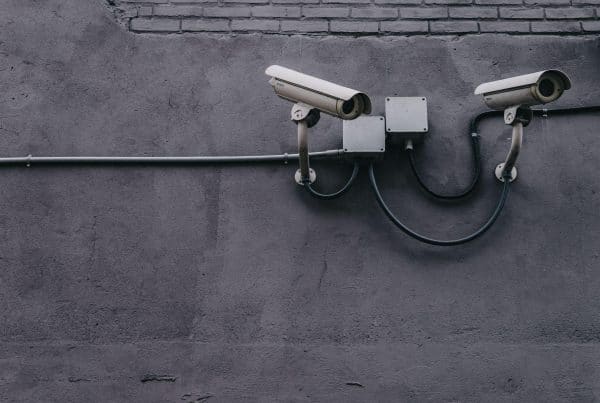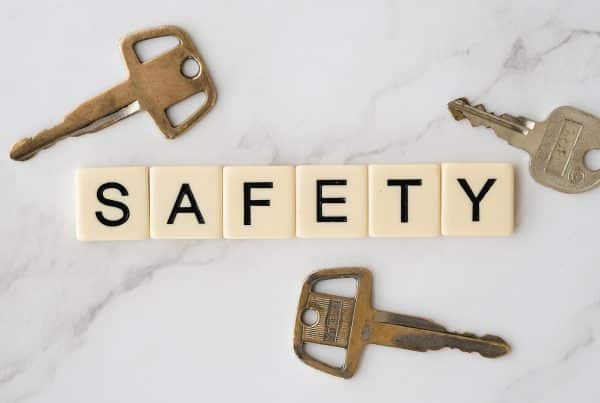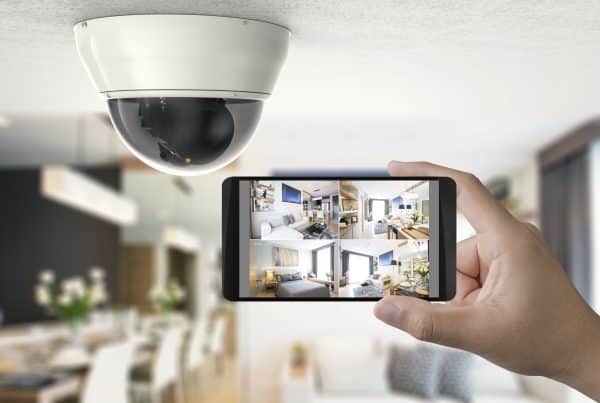Your home is your safe and secure space; it’s a place where you can relax and be yourself, free from the dangers of the outside world once you come inside after a long day of working or going to school. To maintain this, you must practice home safety tips that will impact your home security significantly.
Here are five safety tips for the improvement of your home security:
1.) Invest in Home Security Systems
Home security systems are your number one line of defense when discussing home security. These electronic components protect your home from outside dangers, artificial or natural, through surveillance or security. There are simple models of these security systems which you can install yourself, but you’ll need a professional’s help if you want a more advanced model.
Here are some home security systems you can get for your home:
- Security Cameras – Security cameras are the most standard component of home security systems. These components are only for surveillance as its main parts include a camera. This camera records a live video that you can review later. Security cameras around your home are best when you are out of the house most of the time.
- Keypad Locks: Keypad locks are popular in commercial buildings such as five-star hotels. This home security system component goes to the door in the area of the doorknob. The owner sets a number combination as a password for security purposes. Hotels or condos sometimes use key cards instead of a number combination to open their doors.
- Motion Sensors: As the name says, this component detects motion in the area where it is situated. Motion sensors work when the device detects movement from its range and rings an alarm to notify someone or something walking in that area. You can place these sensors on hallways or the main door.
Other home security components that have a sensor function are glass break sensors which trigger the sound of glass breaking, and entry sensors, wherein the alarm trigger is when someone or something passes through a door.
2.) Toughen Your Home’s Defenses
Improving your home’s quality is one way to fortify your home security. The existence of natural disasters is the reason for the fortification of your home, and you should do so while calamities are announced or happening at the moment.
To start with, do an inspection all around the house and look for weak spots. Go to every nook and cranny and list down details of the status of your home in terms of durability. In buying materials, it’s best to go for wind, fire, and waterproof materials to increase your home’s durability.
Here are some things to improve, fortify, or add in case of certain calamities:
For Flash Flood:
- Pay attention to flood alerts in the news
- Replace tiles on the ground floor with ceramic tiles and with waterproof adhesive
- Install a pump/sump to drain out flood water in case it comes inside your home
- Waterproof the whole basement
- Move furniture and electrical components to a safe space
- Surround your house with flood-barriers
For Earthquakes:
- Pay attention to earthquake updates in the news
- Anchor cabinets and drawers to the wall
- Apply anchor bolts or steel plates in your home, especially on its foundation
- Turn off the gas
- Apply safe films on windows
3.) Prepare For A Fire Outbreak From Inside The House
Danger outside your home is not the only thing you must prepare for. Danger also might come from inside your home, especially in the kitchen. House fires are hazardous incidents as these will start from a little bit of cloth or a minor spark in one of your outlets. The destructive capabilities of house fires are second to none, and your house, and possibly your neighbor’s house, are all gone within minutes.
You and your housemates must practice fire protection to protect your home from house fires. Enroll in classes, attend meetings, or read about this to prevent such a horrific incident. Investing in fire protection is also crucial as there are devices that can prevent the fire from spreading. Investing includes purchasing; fire blankets and extinguishers, installing a fire-rated security door, and installing smoke detectors all around your house.
4.) Save Emergency Contacts
Saving emergencies might look not look like making your home more secure and safe, but it will in the long run. These contacts are there in case of a problem that might jeopardize you or your home, as they are one call away from fixing the problem.
Here’s a list of contact numbers a homeowner should have:
- Water, Gas, and Electric Company
- Internet Service Provider
- Homeowner’s Association (if there is any)
- Landlord (if there is any)
- Plumbing and HVAC professionals
- Pest Control
This list is of difficult situations:
- Emergency Hotline
- Fire Department
- Sheriff’s Office
- Police Station
- State Highway Patrol
5.) Update All Mentioned Safety Tips
Hazards to human beings grow increasingly into different forms, so you should update these safety tips in every way. Check the market for new and advanced home security systems and fire protection components. There’s a chance that these systems will eliminate the problem more efficiently and faster.
Do weekly maintenance on your house. Check for cracks, leaks, deteriorations, and corrosion in every part of the house and replace or repair them immediately. Look also for seminars regarding home security to get updated on newer and advanced techniques to improve your and your home’s safety further.
Final Thoughts
As the homeowner of your house, it is your responsibility to protect it and the people living in it to preserve the house’s peace and safety. Doing these safety tips are very time and money-consuming, but it is all for the best. Applying these tips is to keep the peace in your house for you and your housemates.

